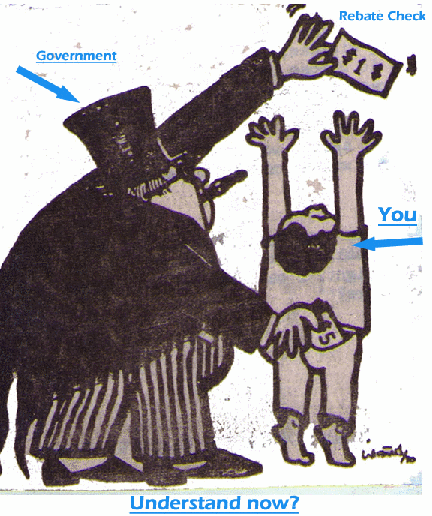Giving With One Hand and Taking Away with the Other: The Government and Health Care Reform

The government’s health care reform effort is replete with inconsistencies — on the one hand, the government has given industry some real and meaningful benefits, and on the other, the government has imposed additional burdens on the healthcare industry.
Let me give just one example. The government amended the False Claims Act (FCA) to extend liability to identified overpayments which must be reported and repaid within 60 days. A provider that retains an overpayment for more than 60 days is liable for an “obligation” under the FCA. How far does this extend?
Consider the following types of “identified overpayments” — (1) a violation of the Stark Law by failing to have a physician employment agreement in place; (2) billing errors like improper coding and double billing; (3) “disqualifications” of federal payments; (4) employing or contracting with “excluded” individuals; and (5) failure to implement mandatory compliance program
With this new risk, providers need to act promptly when they suspect an “overpayment,” and establish a procedure with your payors to handle repayments. In recasting to potential overpayments, compliance officers need to make sure they distinguish between suspecting and potential overpayment and actually identifying and quantifying one. Every compliance program must include a written policy and procedure for handling repayments.
But now lets turn to an area where the government has created a new positive procedure for the healthcare industry – one which is long overdue: CMS’ new Voluntary Self-Referral (Stark Law) Disclosure Protocol (SRDP). The new protocol is intended to encourage the disclosure of matters which in the reasonable assessment of the disclosing party are actual or potential violations of the Stark Law.
SRDP disclosures should include a broad range of information: a description of the actual or potential violation; a financial analysis; a legal analysis; and facts and circumstances relating to each violation. The nature of the extent of the violation, along with the disclosing party’s financial position will have a significant impact on whether the government imposes a civil penalty or other remedial measures.














